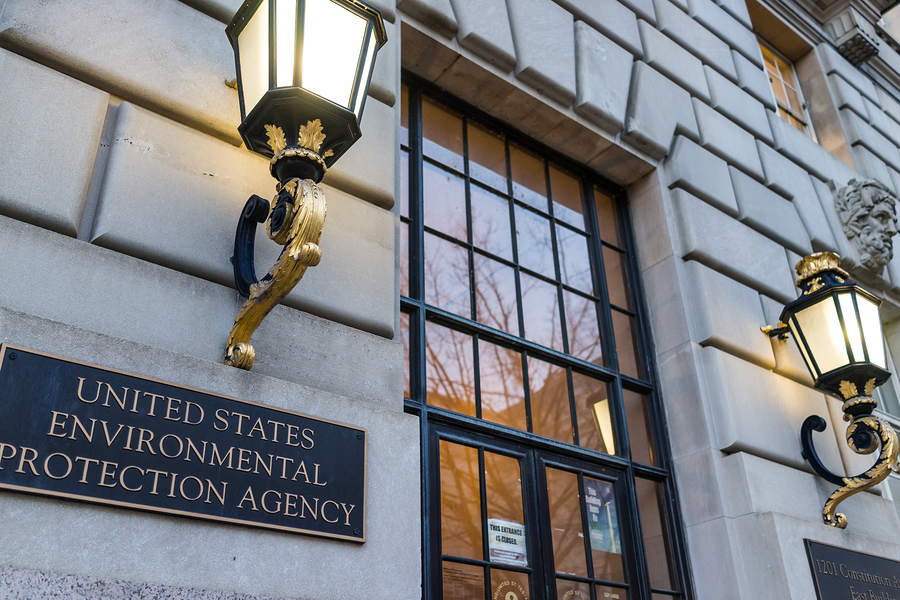In the Pipeline: 10/26/12
Whether you’re a high school student, a union guy working at the refinery, or a United States Senator, the bus is a symbol of opportunity and a better energy future for us all.
Senator Jim DeMint signs the American Products and Power bus.
Why am I not surprised that EPA does not have a definition of “savings/cost avoidances?” Washington Examiner (10/24/12) reports: “Environmental Protection Agency officials will spend in excess of $8 billion this year, but they will apparently do so without a working definition of “savings/cost avoidances” or a way of calculating if they’ve achieved any,” according to the agency’s Inspector-General.”
Freedom. Opportunity. Enterprise. Carbon Taxes. At least now the meetings are out in the open. Let the moral case for the largest, most regressive tax increase in American history begin! AEI (October 2012) reports: “The pros and cons of introducing a carbon tax in the US are the topic of many spirited debates, yet discussion of the consequences from alternative tax designs remains largely confined to academia… In an effort to shed more light on this topic and its budgetary impact, AEI, the Climate and Energy Economics Project at the Brookings Institution, the International Monetary Fund, and Resources for the Future are cohosting a conference to discuss ideas for US carbon tax design and options for the potential use of carbon tax revenues.”
I don’t get it. Why isn’t Sachs headlining AEI’s big coming out of the closet carbon tax festival? The Australian (10/25/12) reports: “But Jeffrey Sachs, a professor at Columbia University and adviser to the United Nations Secretary General on its Millennium Development Goals, says Australia’s implementation of the tax has set a good example for the world… Sachs, Director of Columbia’s Earth Institute, warned on Thursday against calls for the tax to be replaced by a tradable permit system by carbon emitters.”
I wonder if GAO is going to think about which industry sectors are net taxpayers and which pay no taxes (net) to the federal government. The Hill (10/25/12) reports: “Waxman is asking congressional auditors to broaden a study requested by Committee Chairman Rep. Fred Upton (R-Mich.), arguing that Upton’s proposal would allow billions of dollars in taxpayer support for oil companies to escape review.”
Marlo Lewis is a stone cold killer. Forbes (10/25/12) reports: “The only thing Republicans would gain from destroying their bona fides as the anti-tax, pro-energy party is faint and fleeting praise from cocktail party ‘progressives’ and the liberal media. If Republicans consider that a good bargain, they deserve to be called the stupid party.”
We are informally keeping track of which think tank chiefs are opposed to a carbon tax. The list to date follows. If your guy is not on the list, it is because he either favors a carbon tax, wants to retain the option of favoring a carbon tax at some point in the future, or has yet to contact us.
Tom Pyle, American Energy Alliance / Institute for Energy Research
Myron Ebell, Freedom Action
Phil Kerpen, American Commitment
Fred Smith, Competitive Enterprise Institute
Andrew Quinlan, Center for Freedom and Prosperity
Tim Phillips, Americans for Prosperity
Joe Bast, Heartland Institute
David Ridenour, National Center for Public Policy Research
Michael Needham, Heritage Action for America



